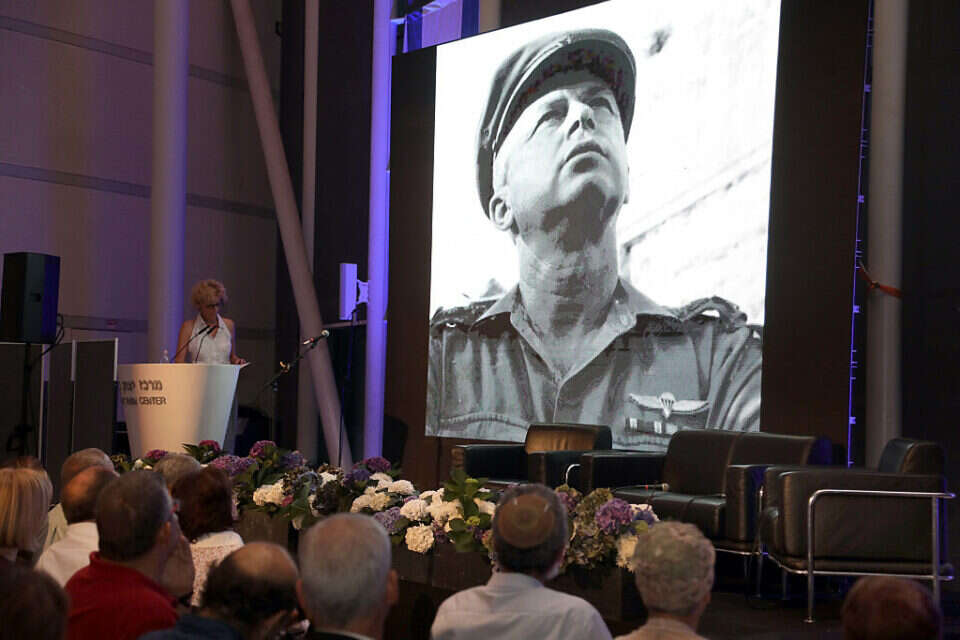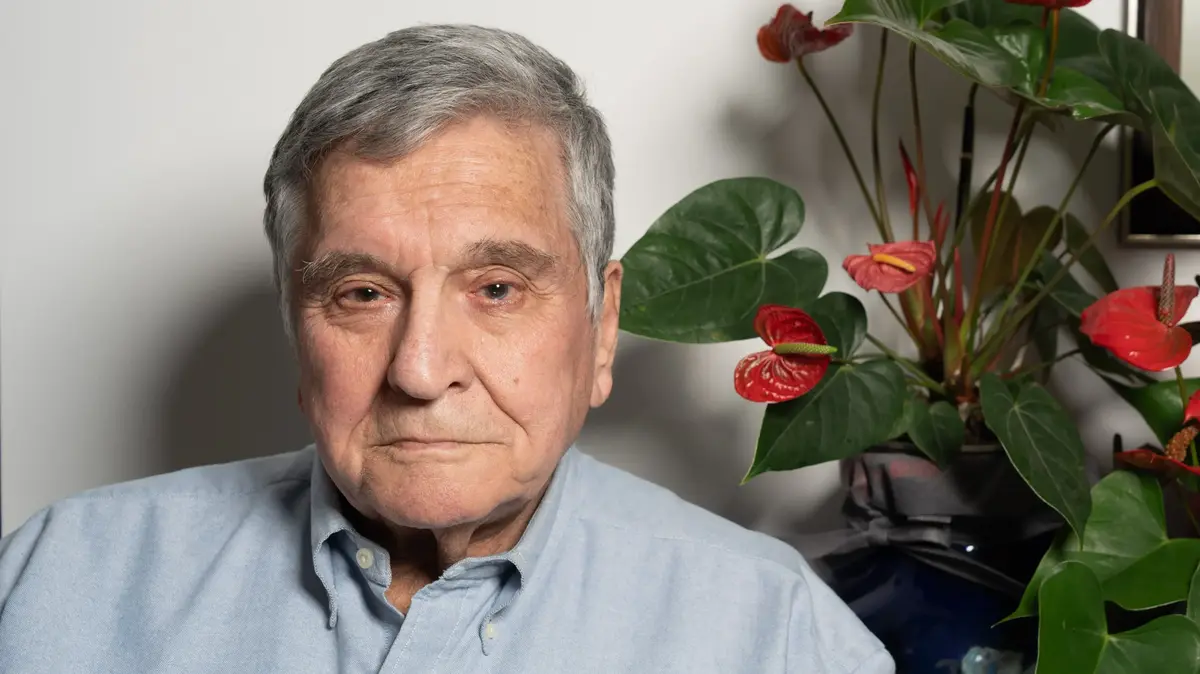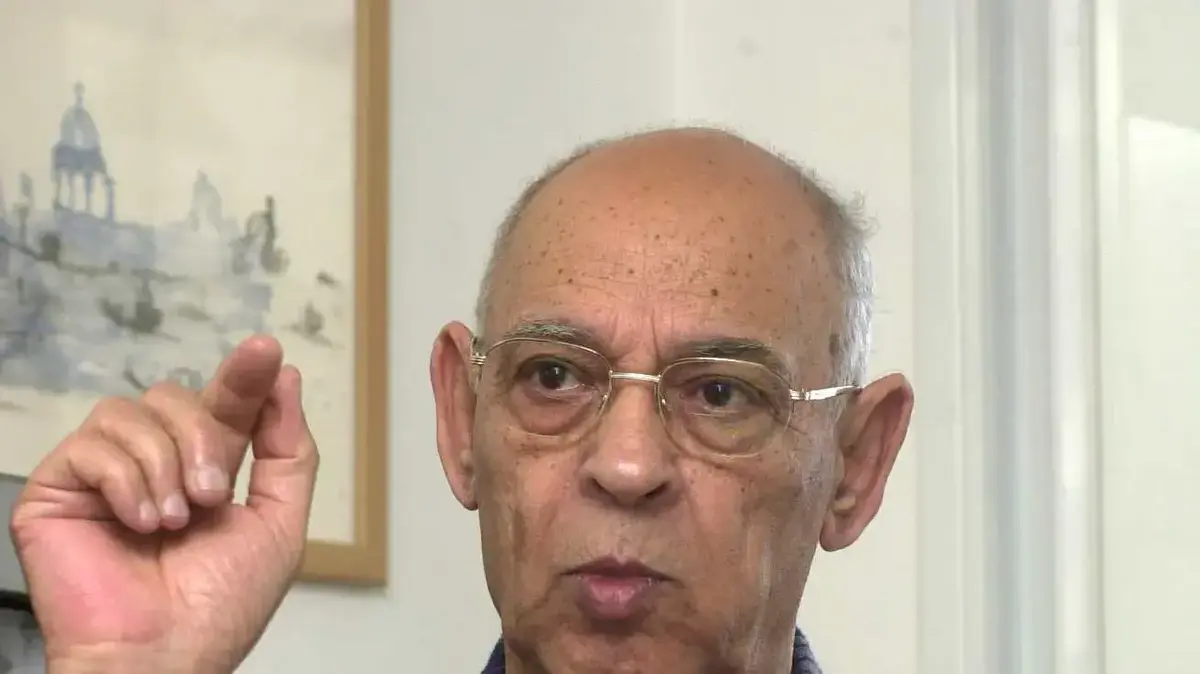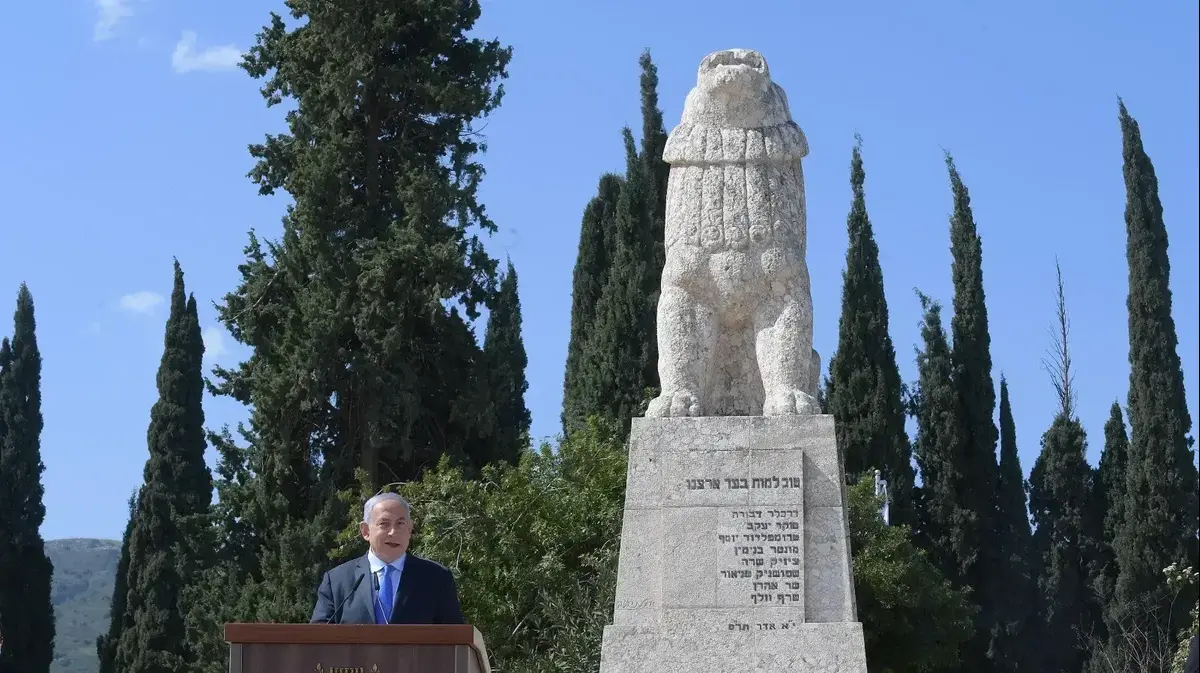The Rabin family forgot.
Or worse, she never learned the story of Isaac's true historical heritage.
This legacy was in no way related to the values attached to it after the horrific assassination - the values of democracy, liberalism and peace.
Suffice it to recall some of Rabin's well-known statements such as "without the High Court and without B'Tselem", "break their legs" and "turn around like propellers" to make history accurate, and especially to extract it from an act of memory engineering that is more than distorted The historical truth, it also obscures the ability to turn the heinous murder into an event from which Israeli society, in all its parts, is required to draw the appropriate conclusions for its future.
One thing is undisputed: the Israeli prime minister was assassinated in the middle of a political move against the Palestinians and in an event that engraved on his banner the slogan "Yes to peace and no to violence."
This made it possible to assert the legacy of this important leader through the concept of “peace” in order to formulate the political defense of the controversial settlement process with the Palestinians and the conception of the two states.
In other words, if the murder had not taken place, it would have been possible to continue the process that was unusually interrupted with the departure of the leader who led the unprecedented political move in the history of the State of Israel.
However, a historical and less politically-imagined look shows that although Rabin was involved in advancing the political process during his second term as prime minister, in the test of time his legacy was different from that described in the wake of the heinous assassination.
If there is anything certain that can be said about Rabin, it is that he is one of the most security-minded leaders who has ever risen for the State of Israel, and in this respect he has continued the legacy of the founding father, David Ben-Gurion.
Rabin was born into the reality of the communist struggle in the evenings. It is ideologically shaped in the shadow of the perception of the internal (Palestinian) and external (Arab) threat, and the incessant struggle to fortify the state and maintain its security. The significant stations in Rabin's life were almost all of a security nature: from the ranks of the Haganah and the Palmach, through the battles of 1948, the chiefs of staff in the late 1960s for the unprecedented achievement in the 1967 war, the crushing of Israeli Arabs in March 1976 in what is now known as the land. And of course the political career that culminated in two terms as defense minister and prime minister.
Rabin has always been a man of the army and a general who absorbed the foundations of the state-security-Zionist concept.
He was never in his mind a man of peace in the value and romantic sense as the term was redesigned by the liberal left in Israel in the early 1990s.
The cautious peace speeches he delivered, for example, at the signing of the Oslo Accords, suited the sterile atmosphere on the lawns of the White House and the US House of Representatives, but did not make it what it never was and certainly did not indicate any ideological change. .
Rabin was a sober strategist and an avid Zionist.
He did not hesitate to utter the phrase "Jewish state" and his attitude to the Arab world and especially to the Palestinians was suspicious as it became clear throughout his long security history.
The directive to the IDF during the first intifada to break the hands of the Palestinian demonstrators in order to restore security peace and no less the great difficulty of seeing Yasser Arafat as the man a real partner in the settlement process is remembered.
The impression is that Rabin also saw the political agreements with the Palestinians, which were sewn in a detour by a group of academics with the backbone of politicians on the Israeli left, slightly differently from the model sewn to the dimensions of European romance by the Ionian wing of the Labor Party and its political partners in March. From his point of view, more than a sticky peace, the move was intended to produce a series that would allow Israel to partially detach itself from the territories through strong Palestinian autonomy under the management of the exiled PLO leadership in Tunisia.
Here, perhaps, Rabin's strategist erred because the agreement was made not only with a sworn terrorist, but with a political entity in the form of the PLO, which ultimately represented the 1948 vision of the Palestinians meaning the return and extinction of the Jewish state. Rabin was undoubtedly an important Israeli leader precisely because he was one of the founders of the founders' approach, which was characterized by a security, realistic, Zionist and state line. This is his true historical legacy, Of those sitting in Zion.















